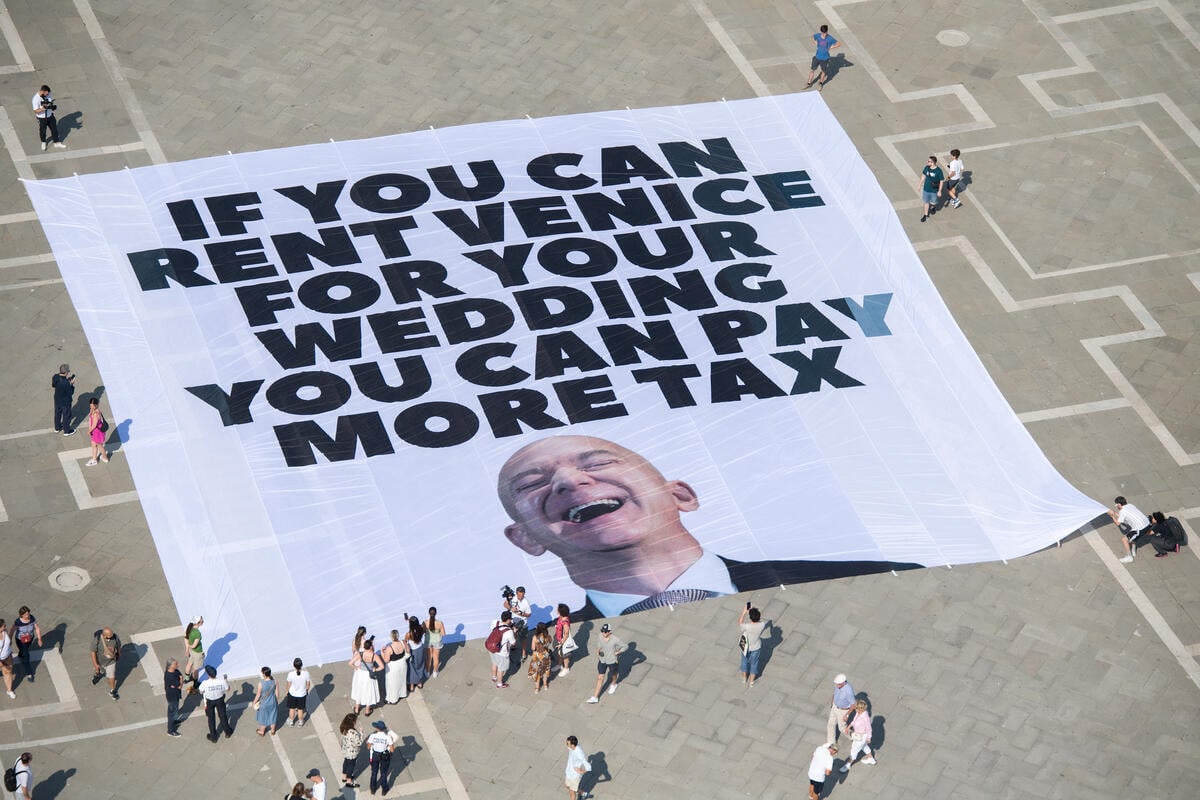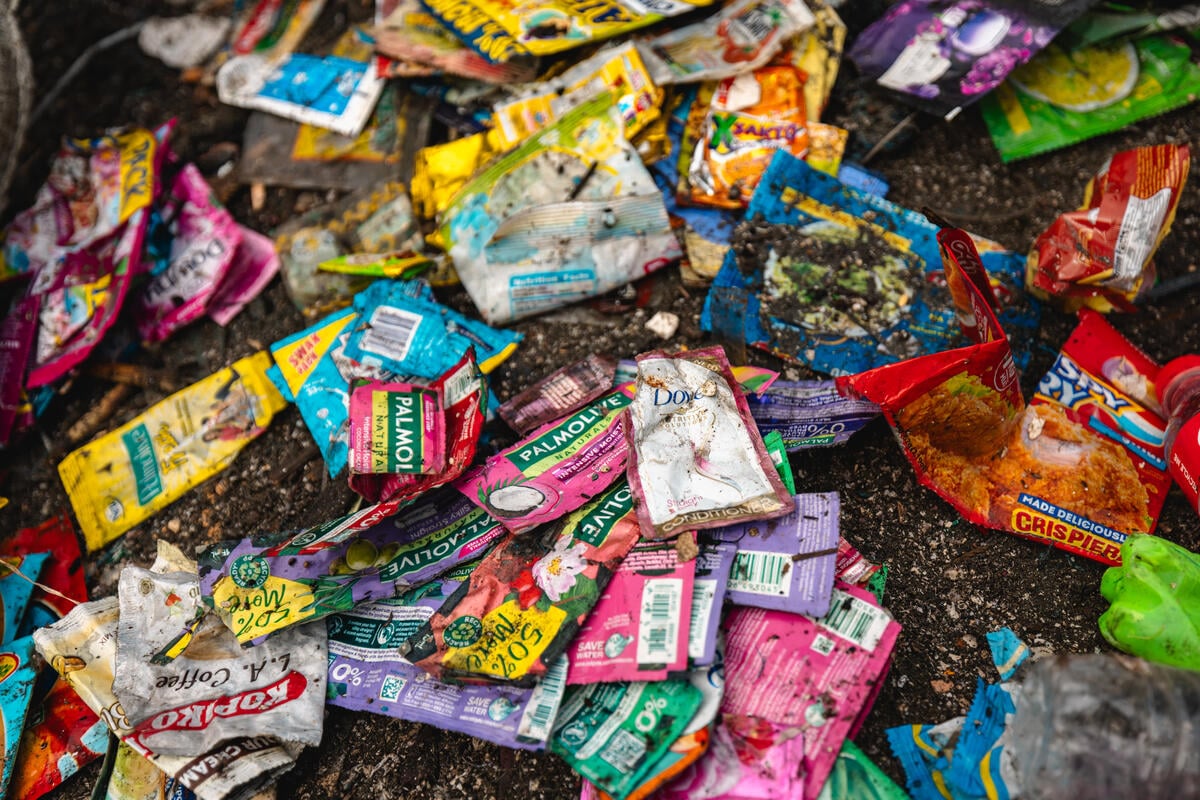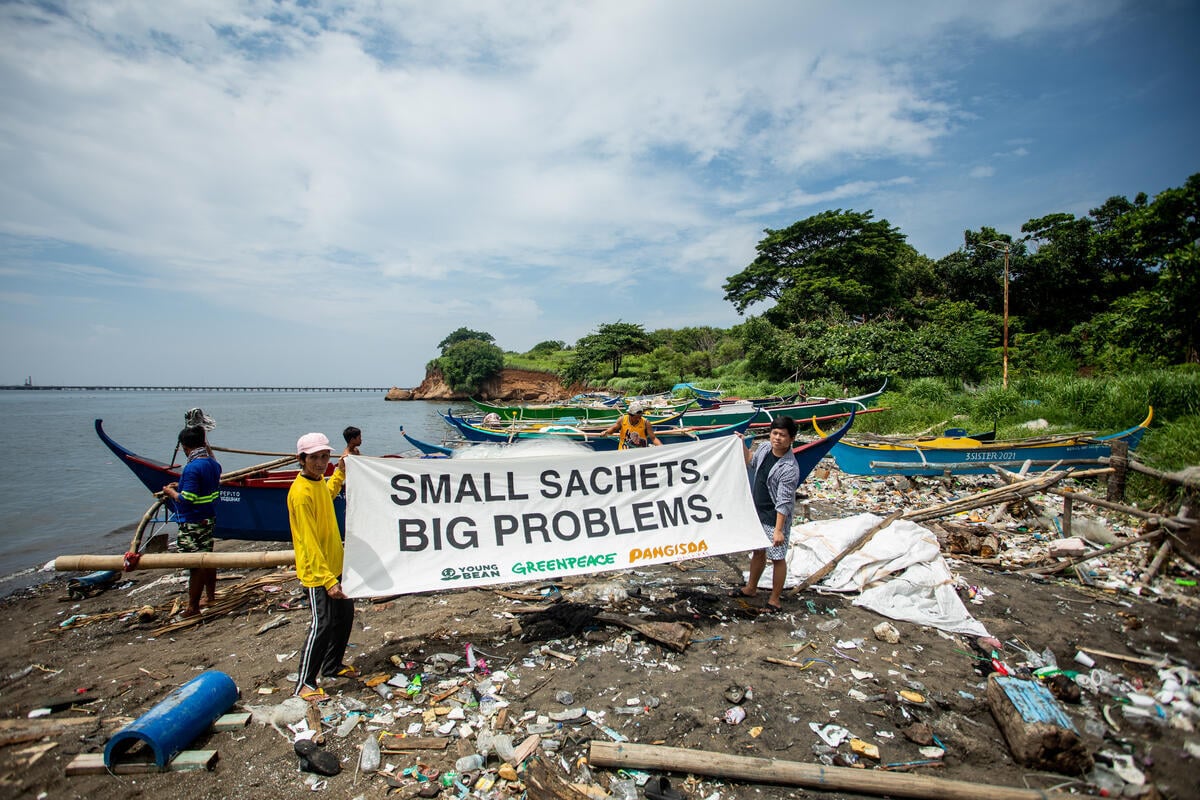Ever tried planning a trip across Europe and wondered: why are flights so cheap while trains cost a fortune? It’s not unusual to find a €15 flight and a €300 train ticket for the same day, same destination. How does that make any sense? If trains are the greener option, why are we basically being punished for choosing them?
The difference in prices isn’t a coincidence, it’s the result of a transport system that rewards pollution. We analysed 142 routes across 31 countries and the result shows that for a majority of cross-border trips, rail remains far more expensive than air. Here are 3 key reasons why:
1. Aviation enjoys unfair tax privileges
You might have heard colourful slogans from low-cost airlines like “Nothing beats a cheap-flight holiday!” but the reality is the planet is paying the extra cost of cheap flight tickets. Polluting air travel is subsidised and it’s the biggest contributor to transport emissions. Aviation fuel remains untaxed across most of Europe. This mode of transport enjoys several financial benefits like:
- No tax on jet fuel (kerosene)
- No VAT on international flight tickets while trains in many countries must charge full VAT.
- Low airport fees and government subsidies, especially for budget airlines flying out of regional airports.
- Billions in public bailouts seen especially during COVID, when airlines across Europe were operating empty or near-empty flights in order to retain valuable take-off and landing slots at airports.
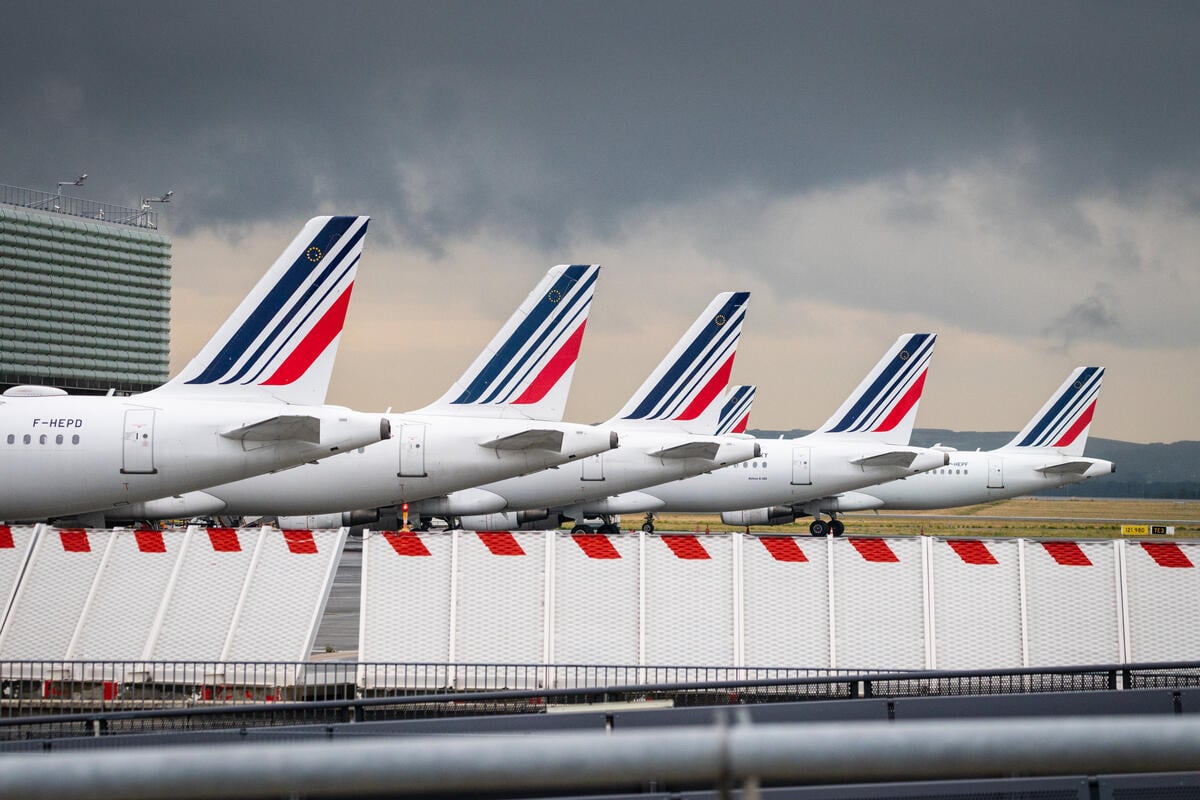
2. Green travel gets penalised
Train trips can cost up to 26 times more than flights, as the most extreme example found shows: Barcelona to London costs just €14.99 by plane, compared to €389 by train. The current system is making climate-friendly travel harder. Unlike aviation, rail operators are charged with:
- Energy taxes
- VAT in many countries
- High infrastructure fees
- Track access fees
The problems don’t stop at pricing, for people with reduced mobility, train travel can be even more inaccessible as rail networks are left with crumbling infrastructure and fewer connections because of underfunding and neglect.
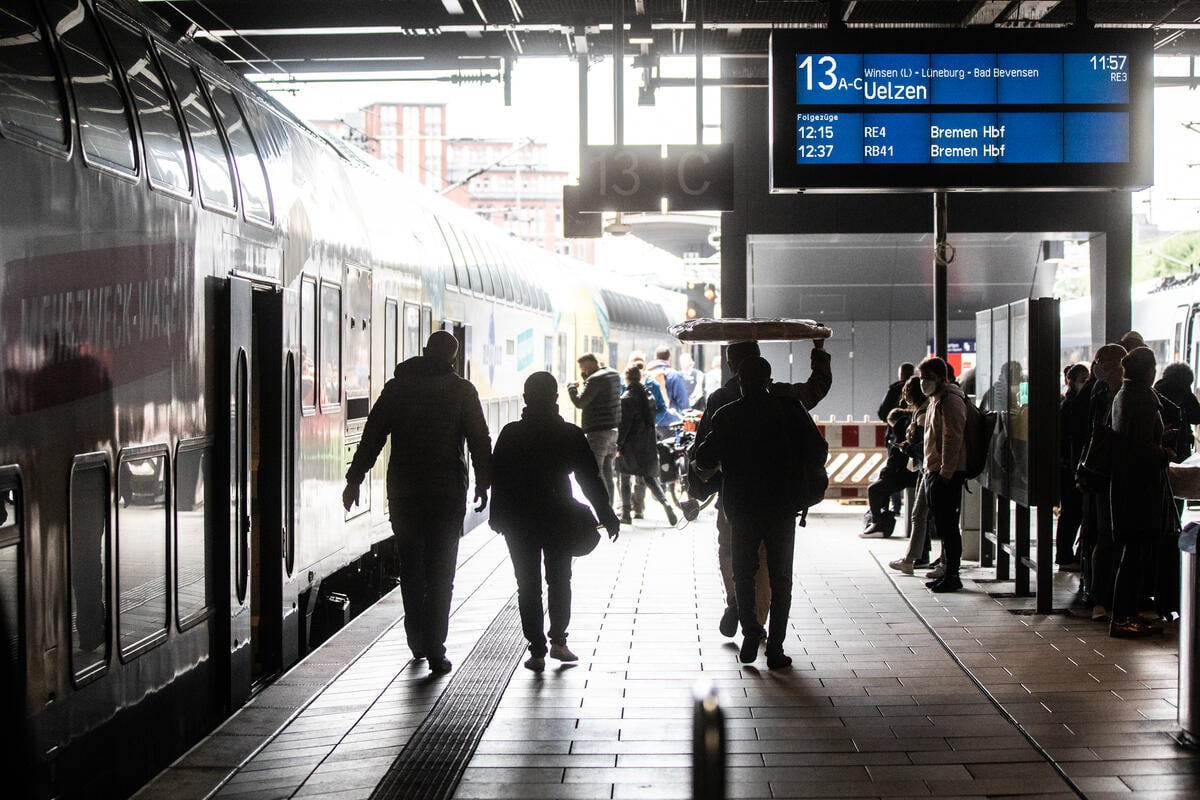
3. Tax and climate injustice
When you have to decide between a €15 flight and a €300 train ticket for the same day journey, it’s not a fair choice. What may seem like consumer freedom or cost preferences is a system of distorted prices, tax injustice, and political inaction. Most people are inclined to choose flights not because they want to, but because they’re being steered to that option by a system that has quietly made green travel the more expensive and inaccessible option.
What needs to change
As the world grapples with record wildfires, droughts and heatwaves, aligning transport pricing with climate objectives is essential. Governments need to stop rewarding pollution. We are calling for climate tickets, fair pricing and a tax on the super-rich to fund better rail services.
We need a transport system that puts people and the planet first. Train travel is the greener choice and it shouldn’t come with a higher price tag.
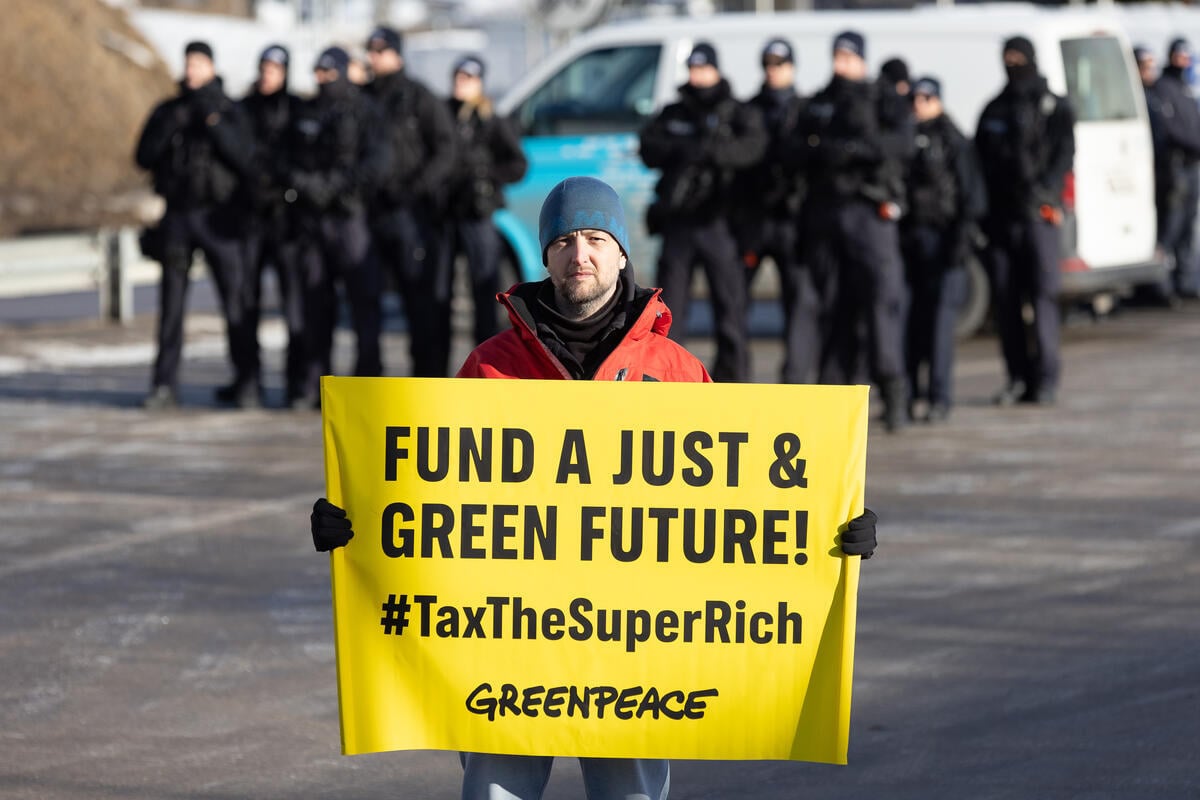
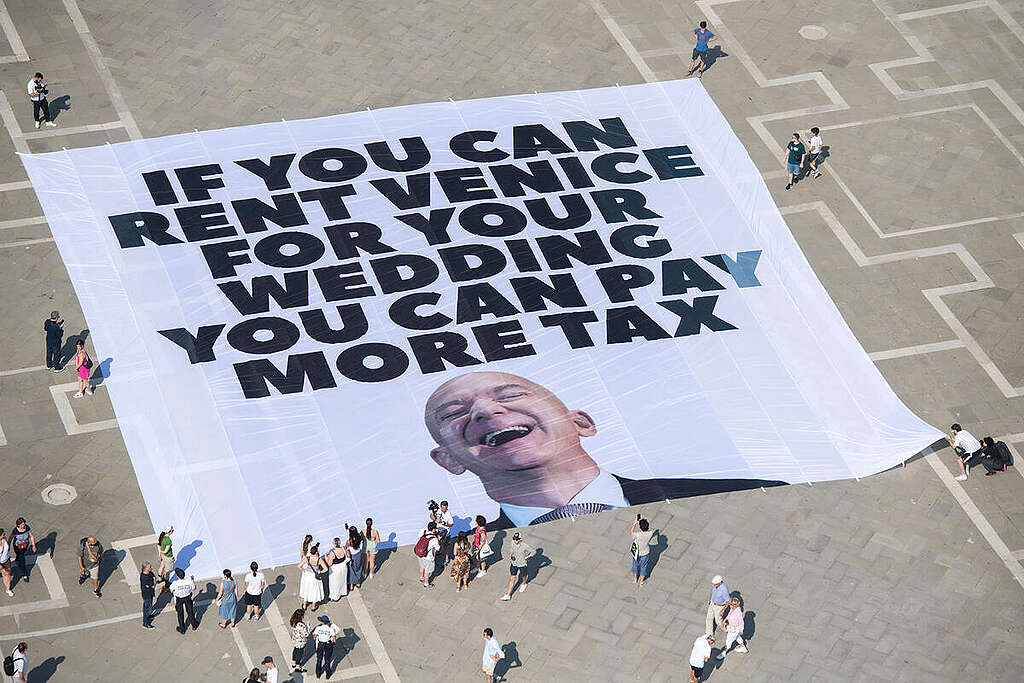
Together, let’s urge governments to tax the super-rich and fund a green and fair future.
Add your name
